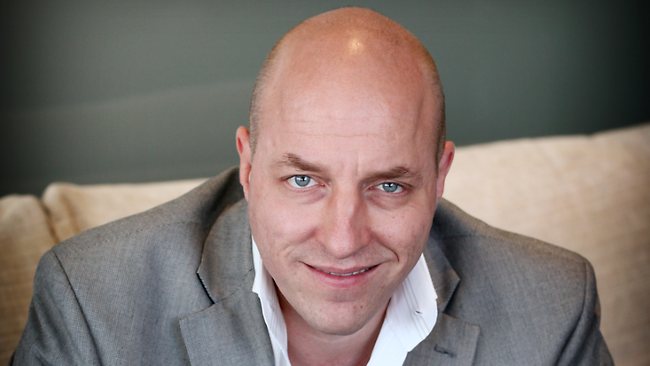Freelancer boss Matt Barrie sees sinister motives behind the Morrison government’s plan to ban cash payments greater than $10,000, believing it’s part of a plan to end the cash economy altogether.
In a detailed submission to the Senate Standing Committee on Economics inquiry into the proposal to ban large cash payments, Barrie says the move “is primarily driven to prepare the country for a zero or negative interest rate environment”.
The 2019 Budget announced plans the payments cap, with the Black Economy Taskforce proposing the idea saying it would help tackle tax evasion and other criminal activities. New laws would force payments above $10,000 to be made by cheque or EFT.
Barrie paints an apocalyptic view of what would happen as a result to the Senate inquiry.
“This is a world where Australians could wake up to find that their local bank account takes 4% of their savings each year, because theorists working for central banks believe that this is a great way to grow an economy- the theory being that consumption (and by virtue of that the economy) will grow because otherwise the bank will take your hard earned savings,” he wrote.
“With negative interest rates, there is no rational reason to deposit money in a bank unless cash is banned.”
His view stands in contrast to a speech by RBA Governor Philip Lowe last week in which he said rates would remain low, but it’s “extraordinarily unlikely” that interest rates would fall below zero, with the central bank concerned about the damage they could do to the economy and consumer confidence.
Countries such as Japan, Switzerland and Denmark have seen zero or negative interest rates, but Lowe argued “we are not in the same situation” as Europe and Japan.
“Our growth prospects are stronger, our banking system is in much better shape, our demographic profile is better and we have not had a period of deflation,” he said.
Yesterday the RBA kept rates on hold at 0.75% while leaving the door open to further reductions.
Barrie argued to the Senate inquiry that the “Australian economy has been warped by government policy” to the benefit of the major banks, which are overexposed to residential mortgages.
“I believe that Australian banks are in a precarious position with such a high exposure to residential mortgages,” he said, adding that he think at least one Australian bank will need a financial bailout “in the near future” as a result.
Barrie points out that a $1 billion Australian Treasury note tender was undersubscribed for the first time because of its low yield.
“Banning cash is taking Australia a step down the path of financial insanity,” Barrie says, and unnecessary since cash accounts for only 4% of GDP in Australia and declining.
“The $10,000 cash ban is the first step along the path to banning all cash, which will allow government significantly greater overreach in the ability to force the public to stop saving and spend via unconventional monetary policy. This, by design, is to drive inflation and will devalue the value of money relative to real assets even further,” Barrie says.
There is one aspect, Barrie notes, that will undoubtedly raise eyebrows in the proposed legislation.
Payments of more than $10,000 in cash, made to or accepted by a public official “in the course of their duties” are not subject to the new laws.
“Under what circumstances is a government official required to make or receive more than a $10,000 cash payment?” Barrie said.
His full submission is here.




















Trending
Daily startup news and insights, delivered to your inbox.